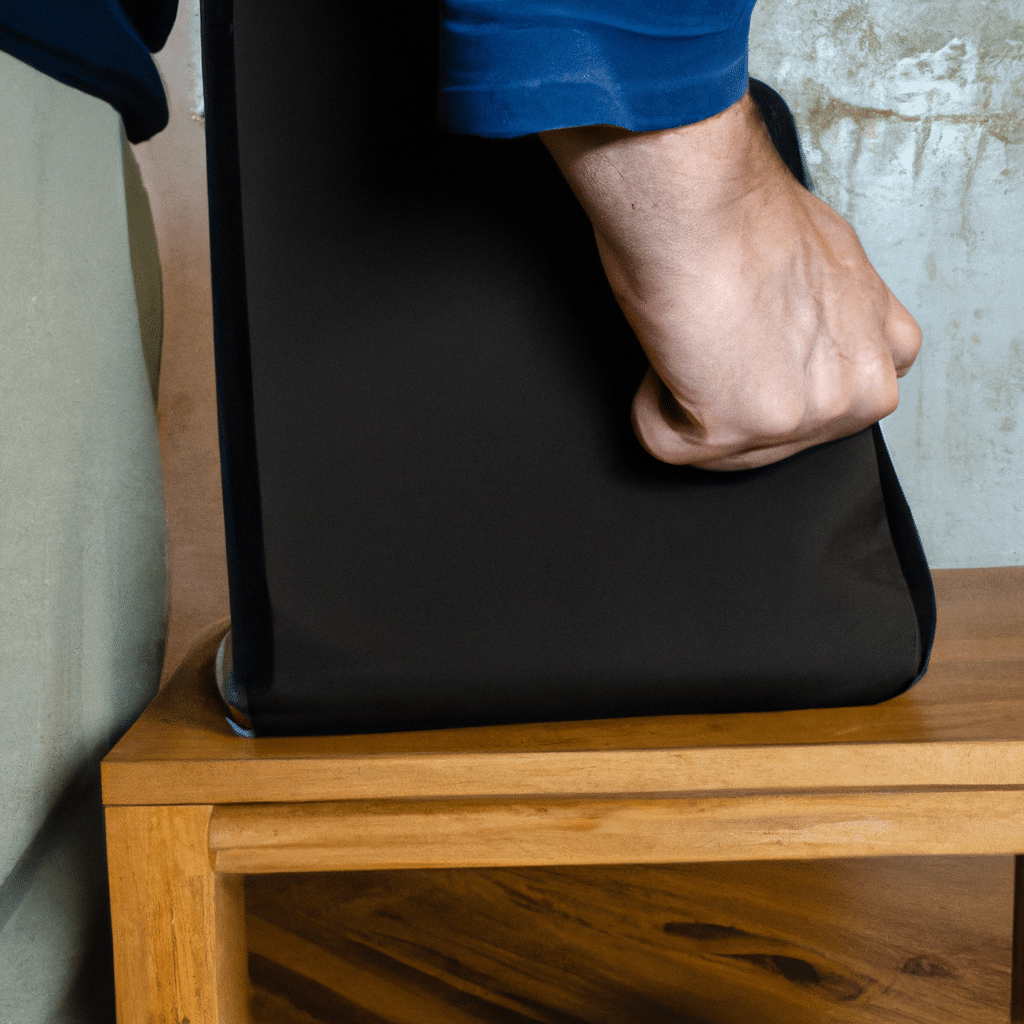When it comes to protecting your laptop from physical damage, there are several steps you can take to ensure its safety. Laptops are more vulnerable to physical damage than desktops because they are portable and can be dropped or knocked over easily. In this article, we will discuss the best practices to keep your laptop safe from physical damage.

Use a Protective Case
One of the simplest ways to protect your laptop from physical damage is to use a protective case. A protective case can prevent your laptop from scratches, dings, and cracks. There are many types of protective cases available, including hard shell cases, padded sleeves, and backpacks. You should choose a case based on your lifestyle and needs. For example, if you travel frequently, a backpack with a built-in laptop compartment might be the best option for you.
Avoid Liquids
Liquids are the enemy of laptops. Spilling water, coffee, or any other liquid on your laptop can cause severe damage. The liquid can seep into the laptop’s components, causing a short circuit and rendering it useless. You should always avoid liquids near your laptop. If you must have a drink near your laptop, make sure it is in a spill-proof container.
Keep Your Laptop Clean
Dirt and dust can damage your laptop’s components. You should clean your laptop regularly to ensure it remains in good condition. Use a soft, lint-free cloth to wipe the screen and the keyboard. You can also use compressed air to blow out any dirt or dust that might be trapped inside the laptop.
Don’t Overheat Your Laptop
Overheating can damage your laptop’s components, especially the battery. You should avoid placing your laptop on soft surfaces, such as a bed or a cushion. Soft surfaces can block the airflow, causing the laptop to overheat. You should always use your laptop on a hard, flat surface, such as a desk or a table. You can also use a cooling pad to keep your laptop cool.
Handle Your Laptop Carefully
Handling your laptop with care is essential to prevent physical damage. You should never pick up your laptop by the screen or the keyboard. Always pick it up from the base. You should also avoid placing heavy objects on your laptop, as this can damage the screen or other components.
Use a Surge Protector
Power surges can damage your laptop’s components, especially during thunderstorms. You should always use a surge protector to protect your laptop from power surges. A surge protector can also prevent damage caused by voltage spikes or power outages.
Backup Your Data Regularly
Backing up your data regularly can protect your laptop from physical damage. In case of damage, you can always restore your data from a backup. You can use an external hard drive, cloud storage, or a USB drive to backup your data. You should backup your data at least once a week to ensure you don’t lose any important files.
Conclusion
Protecting your laptop from physical damage is essential to ensure it remains in good condition. Using a protective case, avoiding liquids, keeping your laptop clean, handling it carefully, using a surge protector, and backing up your data regularly are some of the best practices to keep your laptop safe. By following these tips, you can extend the lifespan of your laptop and avoid costly repairs.












